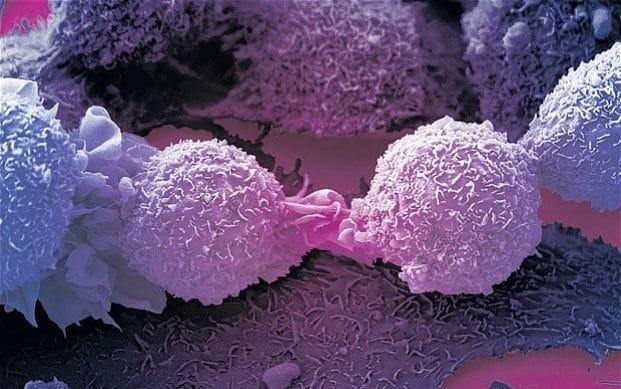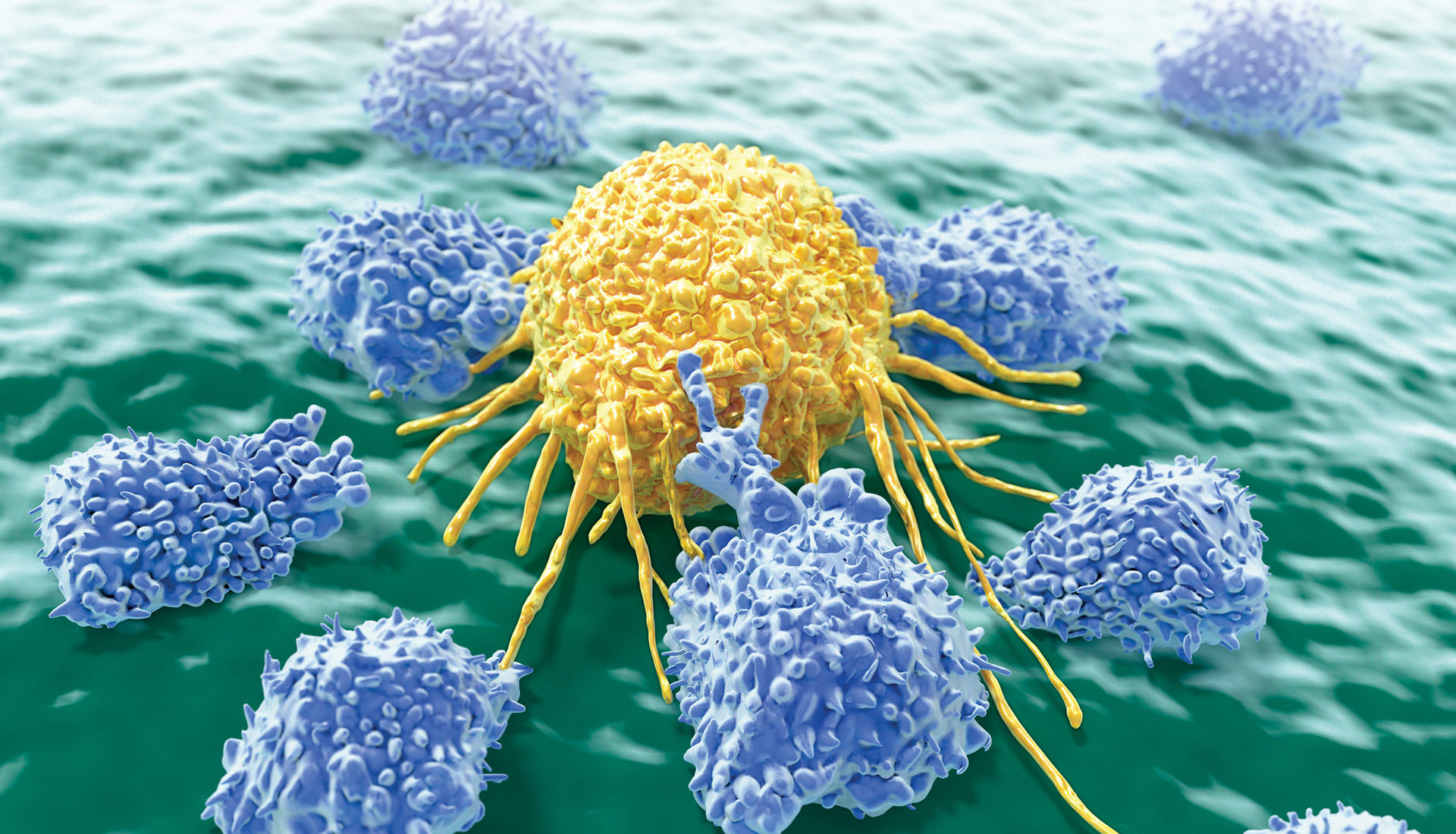A new type of immune cell has been discovered that appears to make a beeline for most cancers.
It’s difficult to report on breakthroughs in cancer research because it seems that every time a discovery hits the headlines it amounts to nothing. So I want to preface this by saying that, no, a cure for cancer has not been found. It remains one of the most elusive and incurable phenomenons in medical science.
Having said that, it does seem that with every small victory we come closer to understanding this behemoth of afflictions. And a group of researchers from Cardiff University have added another notch on this belt through the discovery of an immune cell that seems to have an eradicating effect on pretty much all types of deviant cancer cells.
The unsuspecting scientists were looking for immune cells that could fight bacteria in blood in from a bank in Wales when they found an entirely new type of T-cell. The cell in question carries a never-before-seen receptor which acts like a grappling hook, latching on to most healthy human cancers whilst ignoring healthy cells. Which, you know, is ideal for a cancer cure.





















